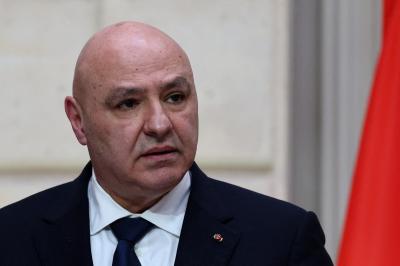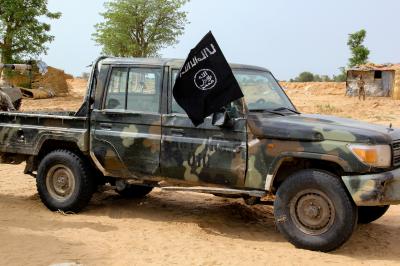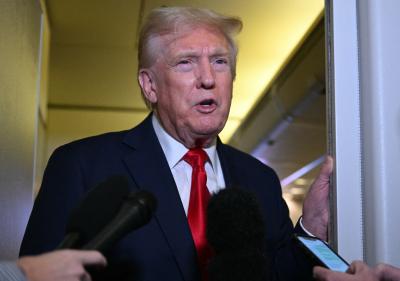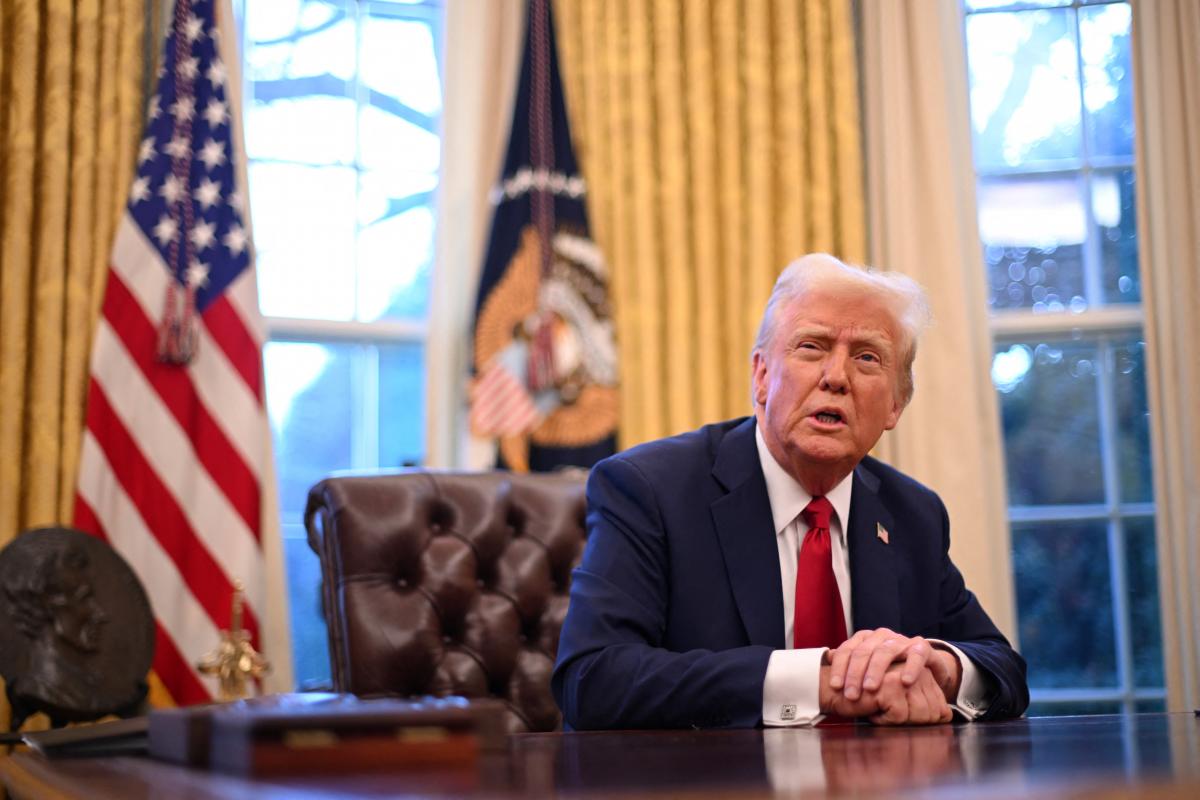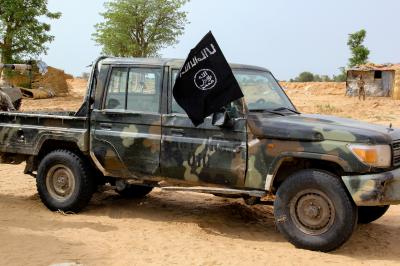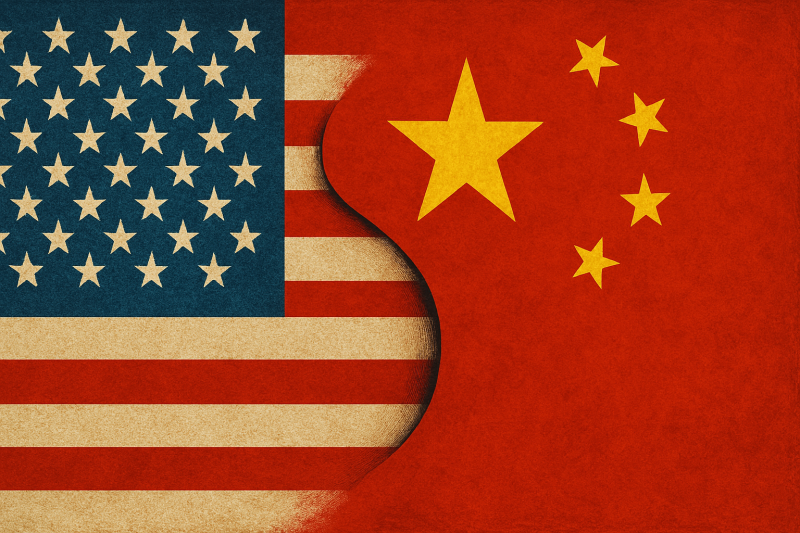In the wake of Israel’s devastating assault on Gaza and the broader Palestinian territories, the question arises: What lies ahead for Israel? Will it choose to heal from its obsession with aggression, or remain trapped in an endless cycle of violence? Regardless of its path, one certainty remains—Donald Trump’s unwavering support. The former U.S. president has already urged Egypt and Jordan to take in more displaced Gazans, leveraging their peace treaties with Israel to pressure them into compliance. Officially temporary, this arrangement could stretch indefinitely under the pretext of reconstruction.
Trump, ever the visionary for Gaza’s future, has floated the idea of transforming it into a Middle Eastern Monaco, as reported by Politico in October. Just days ago, he reiterated this notion before boarding Air Force One. But behind this grandiose vision lies a more sinister reality. Reports suggest that two months ago, Trump asked Netanyahu to “finish what needs to be done” before a potential second term. The implied goal? Emptying Gaza of its people.
Yet, a pressing question looms: which Israel will execute this plan? The country is engulfed in internal turmoil, with military censorship tightening its grip on the media. Public trust in Netanyahu has plummeted—60% of Israelis now believe he should resign, while only 25% support his leadership. The October 7 Hamas attack shattered the myth of Israel’s invincible military, with Netanyahu bearing the brunt of the blame.
For “the job” to be completed, Netanyahu needs power and a public willing to back continued war. However, only a third of Israelis still support the offensive, while deep divisions within the government threaten its collapse. The Gaza ceasefire and hostage-prisoner exchanges have further weakened the momentum of the war. Can Trump persuade Israel to continue its Gaza project, or will he impose his will with his signature brute force?
Trump’s Middle East ambitions extend beyond Gaza. He has returned with a list of financial and economic demands targeting the Gulf states, displaying little regard for the fundamental difference between a people dispossessed of their homeland and those who have built their fortunes on the backs of the displaced.
 French
French


